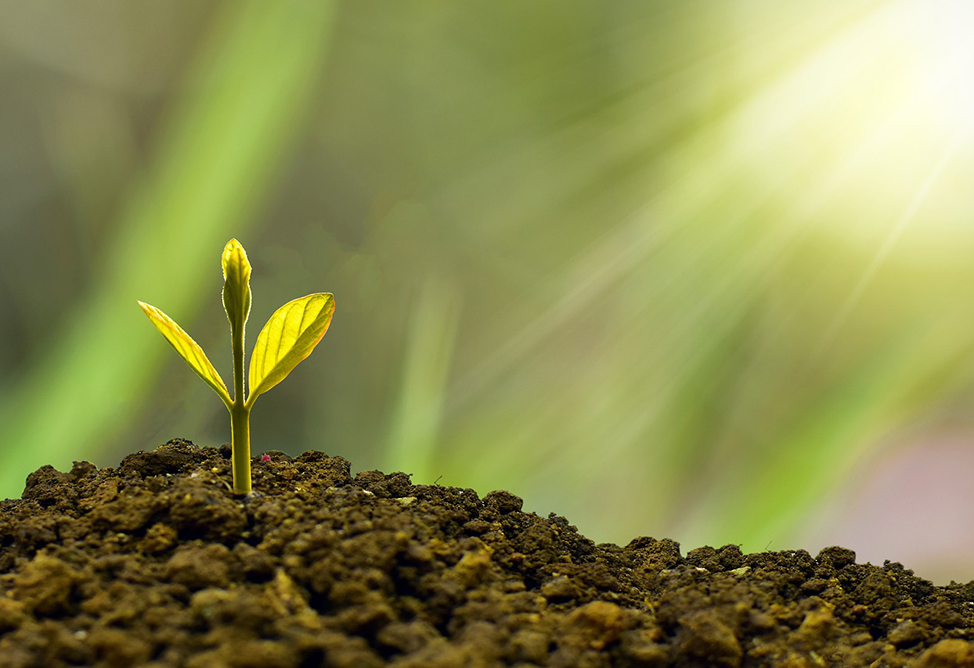Expert: moles seriously threaten agricultural products in Armenia
YEREVAN, June 3. /ARKA/. The fist time in many years moles seriously threaten agricultural products and reduction of vegetables in Armenia, said Hrach Berberyan, Head of NGO “Agrarian Union of Armenia”.
“A year ago we were struggling against field mice and this year – against moles in Akhuryan, Shirak region of Armenia”, he said.
Moles damage wheat fields, potato patches and vegetables. Odorous pesticides are not effective.
“Moles have strong smell; they feel poison and don’t approach it. It is necessary to dig the land deeply for ruining their way”, he said.
The reason of mole growth is that many land-plots are not cultivated in Armenia. Currently Armenian specialists consult with German experts for finding effective methods against moles.
Armenian Ministry of Agriculture always delays the response to such problems.
“2-3 years ago when it was necessary to struggle against locust, the Ministry started the struggle in winter. It is necessary to start the struggle in time”, said Berberyan.
This year 300 million drams is allocated for the struggle against rodents, but there is a problem of implementation the works in private land-plots.
“We need a law on the producers of agricultural products. We don’t yet accept that the producer is our partner”, he said. There will be reduction of vegetables in the result of dissemination of moles as the rodents take away the seeds to their holes and we need non-odorous pesticides for the struggle against them.
According to Armenian National Statistic Service, total volume of produced agricultural products and fishery in Armenia was 67.9 billion drams in January-April 2010 compared with the same period of 2009 - 0.9%. Plant growing volume was 6.8 billion drams, reduced by 19%. -0-



